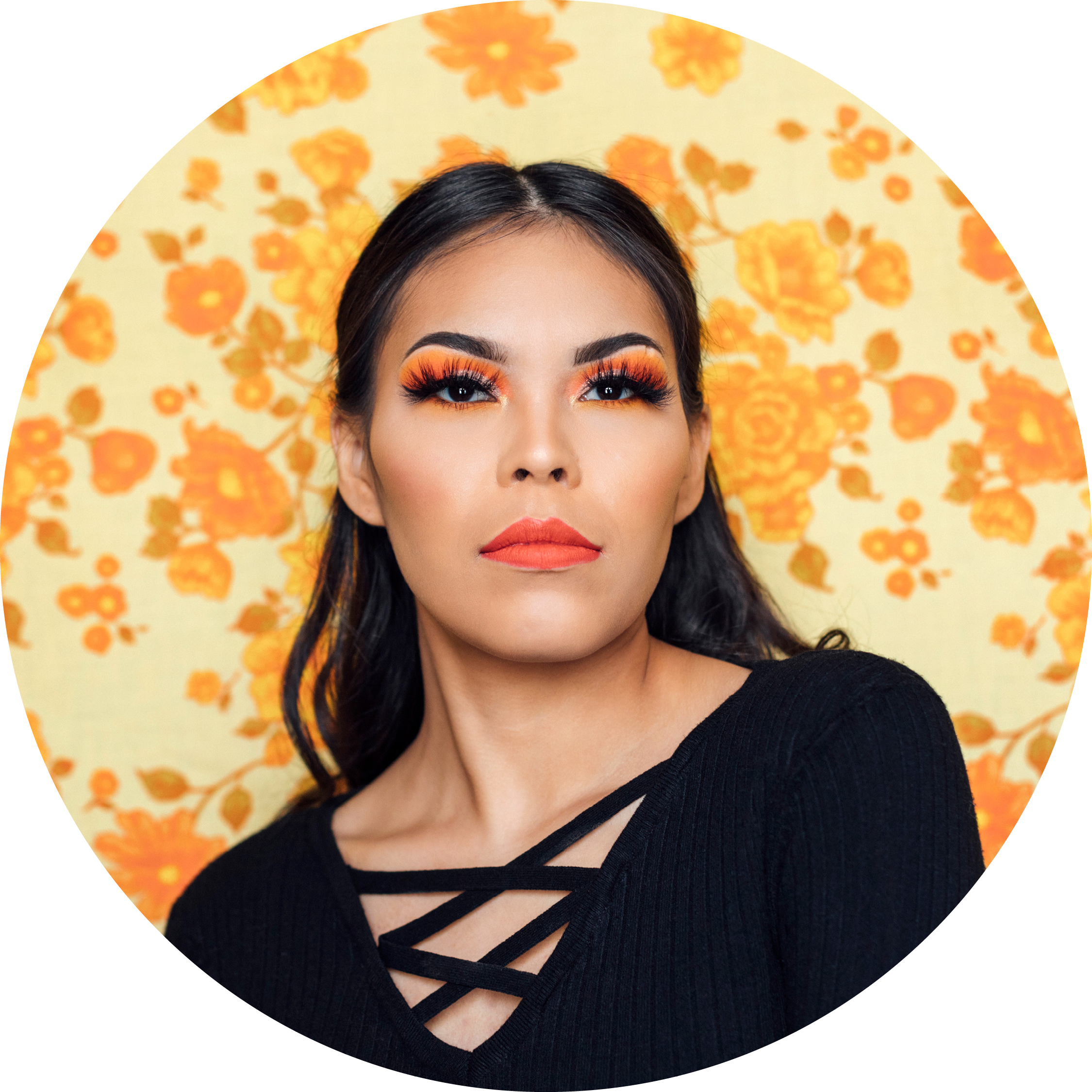In my own life, I’ve dealt with many hardships such as depression, suicidal ideation, addiction, sexual violence, and criminal activity. Some may think I chose the path I did…but that’s not true. Some may see that, in light of my circumstances, I didn’t have any other choices or tools to properly navigate life at the time. When I was younger, I witnessed many traumas… even my own mom being beaten and assaulted, being apprehended, being sexually abused, and discriminated against. Those are my first memories and no one should have to go through that.
Many of these circumstances are directly tied to being First Nations. The circumstances I talk about are the contemporary issues that First Nations people face at an epidemic rate such as poverty, mental illness, addiction, suicide, crime, and children in foster care. In the times of residential schools, First Nations people weren’t allowed to speak their own language, have long hair, practice their culture, and most of all, be with their families. The removal of children from their families is the biggest genocide one can do in my opinion. First, they took their land; then they took their rights to culture, then they took their children. This went on for generations and we see the effects today. That is the point that I am trying to make.
My late mom isn’t here anymore to tell her story and all the reasons for her suffering during the time she was here, but I’ve thought about it and keep coming to the same conclusion. My mom’s suffering as a First Nations woman was never her choice and I believe all First Nations people are faced with the same adversities in life as a result of intergenerational trauma that was imposed by the colonial residential schools that forbade our cultures and that forced assimilation. It deeply affects me as a First Nations woman and makes me angry at times.

Photo of my late mom holding a candle at the gathering in Edmonton for the 215 children found at a residential school in southern BC.
Anger is a survival reaction and really is just saying I'm hurt.
It hurts me to see my family struggle, to see so many First Nations people struggle simply because of who we are. It doesn’t make sense to me. And to top it off, the world finally looked at us at the time of unmasking hundreds and then thousands of unmarked graves of children in residential schools that are still being investigated to this day with the visit and apology of the Pope. First Nations people have known all along.
So, wearing an orange shirt means a lot to me; it’s not just a shirt to me; it’s my way of saying that “I see the effects of residential schools and I will stand with First Nations people” and also for my late mom who won't be forgotten. I have hope for a better future, and I want First Nations people to reclaim their families and identity. It is through days like “Orange Shirt Day” and documents like the “Truth and Reconciliation Commission of Canada” and seeing others making a difference even as small as wearing an orange shirt that brings me hope for my people.

